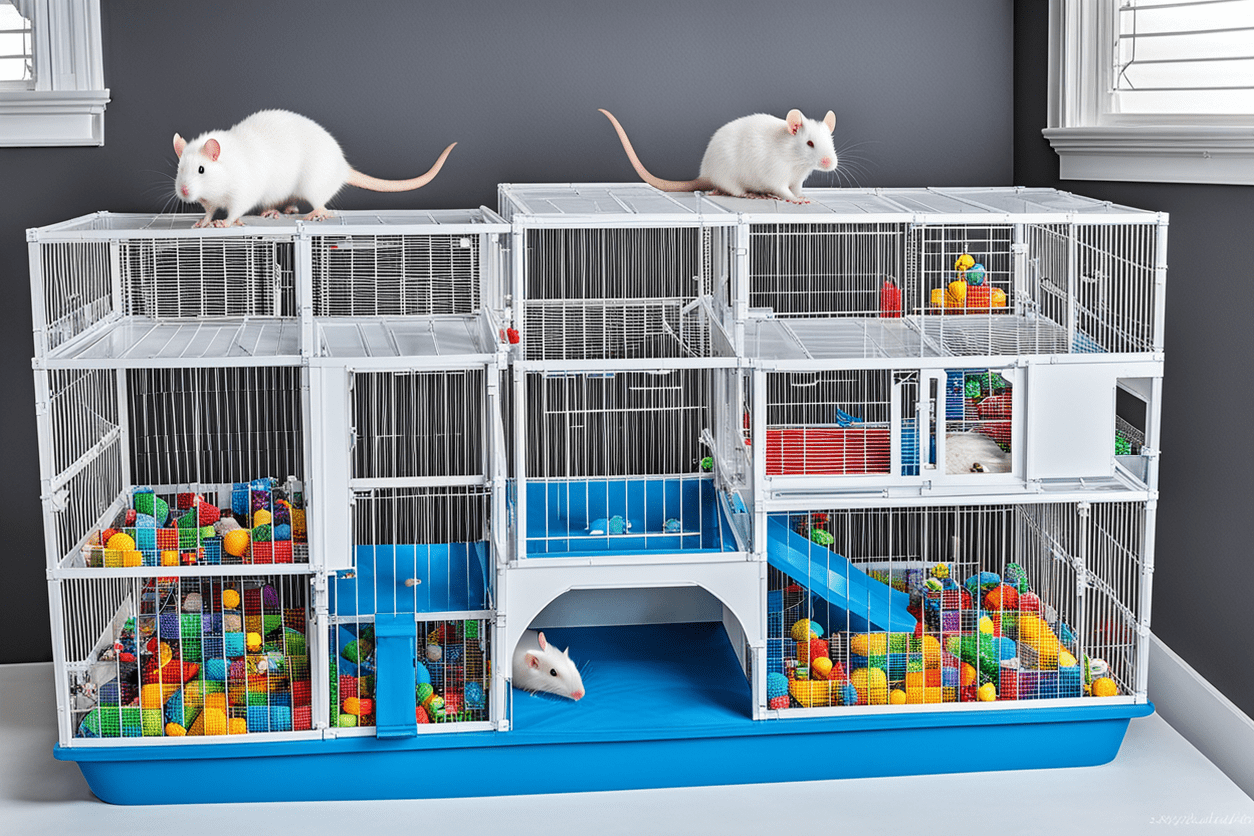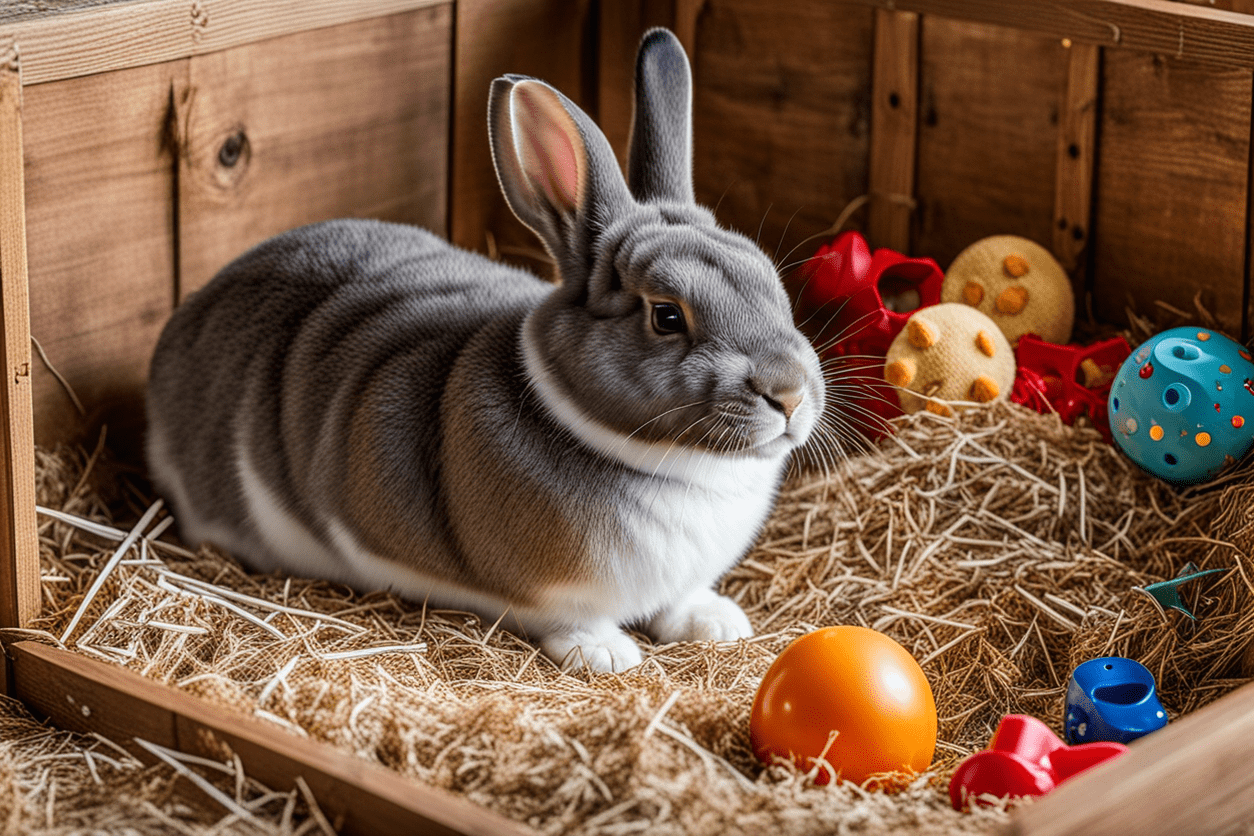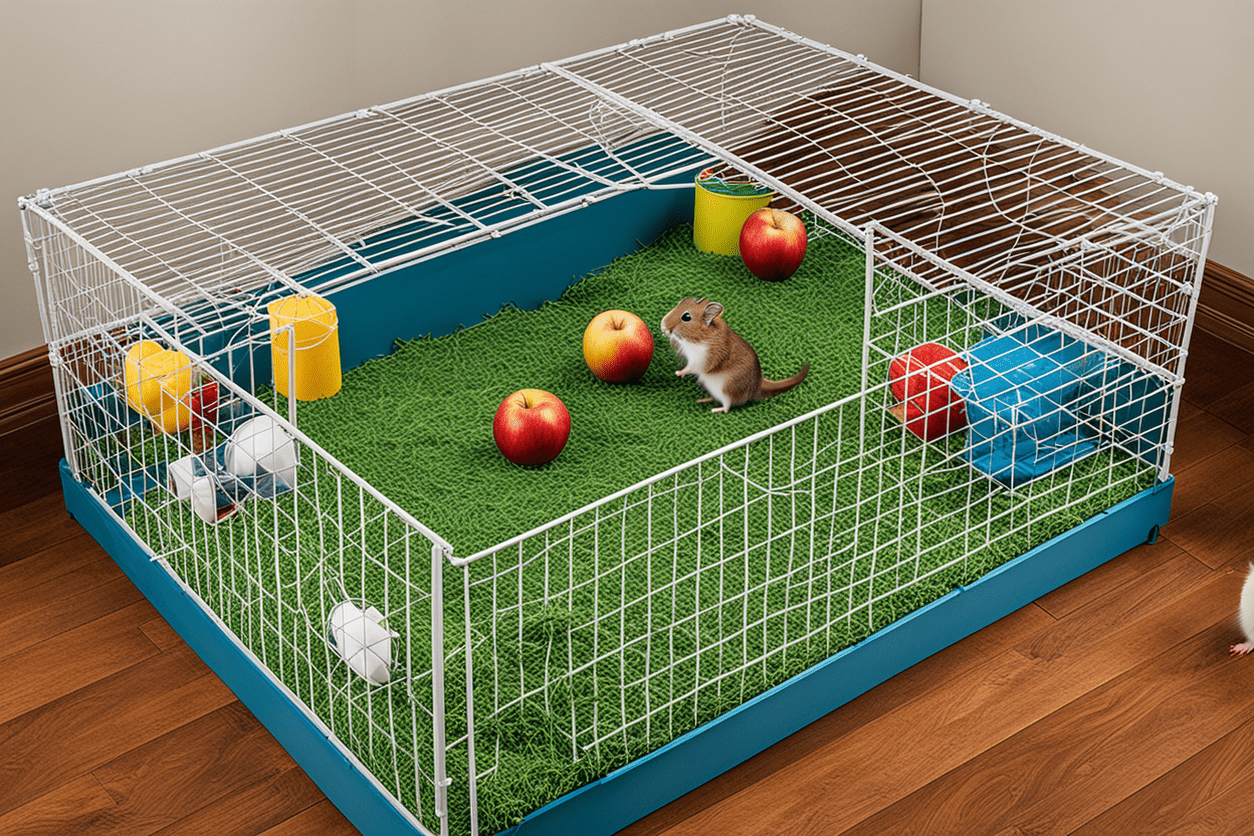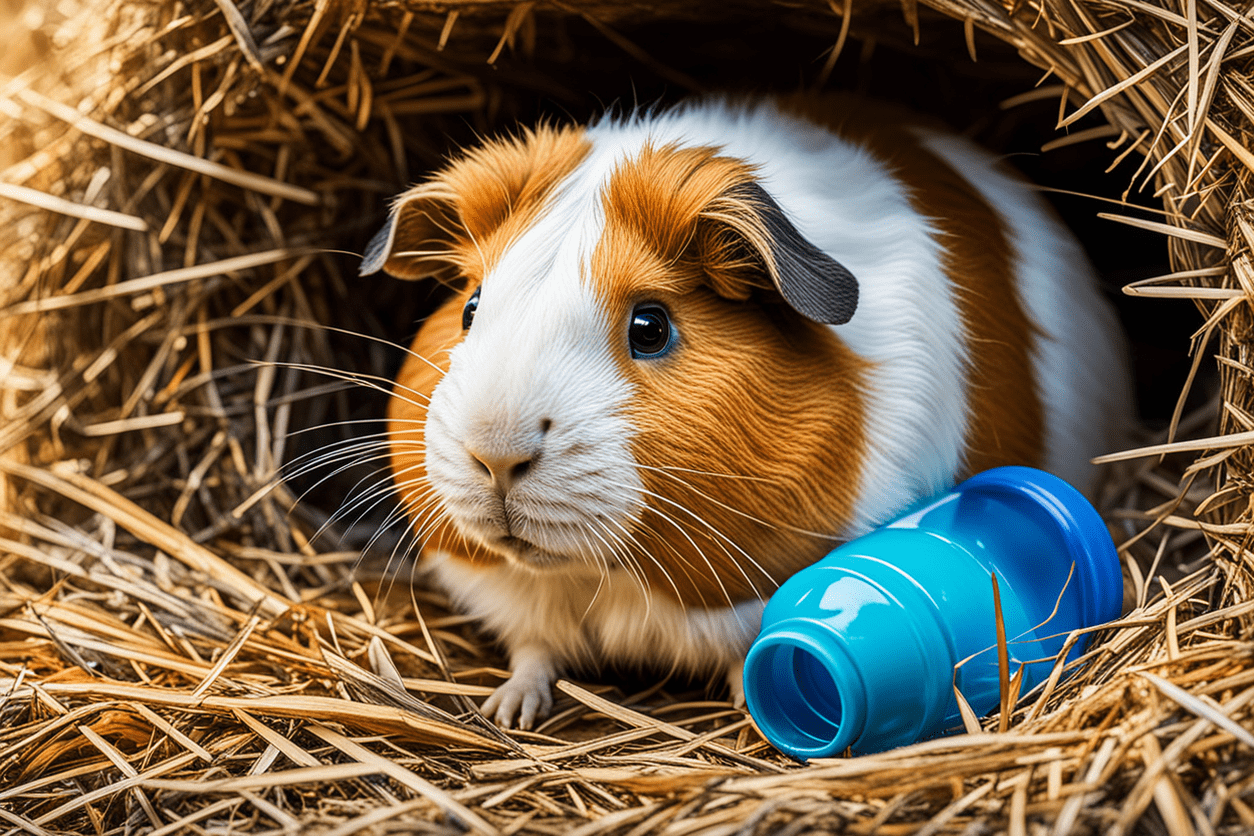The Enigmatic Bombay Cat: Your Companion in Black Velvet
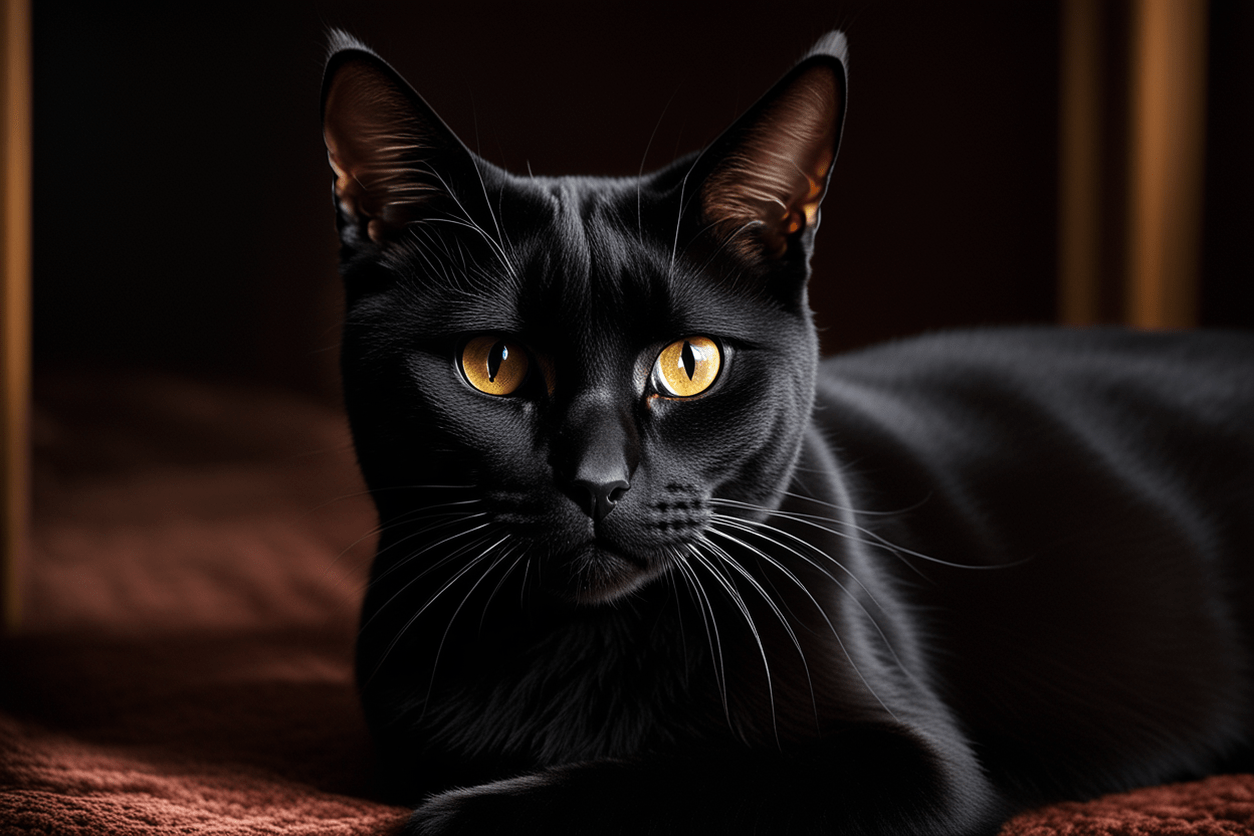
Introduction
The Bombay cat stands out among feline companions with its sleek, black coat and golden eyes reminiscent of a mini panther. Beloved for its striking appearance and affectionate nature, this breed enjoys immense popularity among cat enthusiasts. In this article, we will delve into the Bombay cat's history, physical characteristics, personality, health, grooming needs, and more.
History and Origin
The Bombay cat's journey begins in the United States during the 1950s. The breed was developed by Nikki Horner, a Louisville, Kentucky-based breeder, who aimed to create a cat that mirrored the look of a black panther. By crossing a sable Burmese with a black American Shorthair, Horner successfully produced a breed with a glossy black coat and piercing copper eyes. The Bombay earned recognition by the Cat Fanciers' Association (CFA) in 1976, solidifying its status as a distinctive and admired breed.
Physical Characteristics
Size and Weight
Bombay cats are medium-sized, muscular, and well-balanced. Males typically weigh between 8 to 11 pounds, while females weigh slightly less, ranging from 6 to 9 pounds.
Coat Type and Colors
The Bombay's short, dense, and satiny coat is always jet black, which gives the breed its signature sleek appearance. The coat requires minimal grooming due to its fine texture.
Distinctive Features
Bombays are often recognized by their large, round, and expressive golden or copper eyes. Their ears are medium-sized and slightly rounded. The breed boasts a medium-length, well-proportioned tail that complements its overall physique.
Personality and Temperament
General Personality Traits
Affectionate and people-oriented, Bombays thrive on human interaction. They are known to be gentle, intelligent, and adaptable, making them perfect domestic pets.
Behavior Around Humans and Other Animals
Bombay cats are social butterflies who enjoy the company of humans and other animals. They're often described as "Velcro cats" because they love being close to their owners. Despite their laid-back demeanor, they have a playful side and enjoy engaging in interactive games.
Activity Level and Playfulness
Bombays are moderately active. They enjoy both playtime and lounging around. Puzzle toys and interactive games are great for stimulating their minds and keeping them entertained.
Intelligence and Trainability
Highly intelligent, Bombays can be trained to perform tricks and respond to commands. They excel in clicker training and can even be leash-trained for outdoor adventures.
Health and Lifespan
Common Health Issues and Genetic Disorders
Bombay cats are generally healthy but can be prone to certain genetic issues, including hypertrophic cardiomyopathy (HCM), a heart condition, and respiratory problems due to their short muzzle. Regular vet visits are crucial for early detection and management of any health concerns.
Lifespan
Bombays enjoy a relatively long lifespan, typically living around 12 to 20 years with proper care.
Preventive Care and Regular Health Checks
Regular veterinary check-ups are essential to maintain optimal health. Vaccinations, parasite control, and dental care should be part of their routine health maintenance.
Grooming and Maintenance
Grooming Needs
The Bombay's short, shiny coat requires minimal grooming. Weekly brushing helps to remove loose hair and reduce shedding. They generally don't need frequent baths due to their low-maintenance fur.
Nail Trimming, Ear Cleaning, and Dental Care
Keep your Bombay’s nails trimmed every few weeks to prevent overgrowth and discomfort. Regularly check and clean their ears to avoid infections. Dental care, including brushing their teeth and providing dental treats, is vital for maintaining oral health.
Diet and Nutrition Requirements
Bombay cats thrive on high-quality cat food that meets their nutritional needs. A balanced diet rich in protein ensures they maintain a healthy weight. Fresh water should always be available.
Living Environment
Suitability for Different Types of Living Spaces
Bombays are adaptable and can thrive in various living spaces, from apartments to large homes. They appreciate a cozy habitat with plenty of spots for lounging and climbing.
Indoor vs. Outdoor Considerations
While Bombays can be leash-trained for outdoor adventures, they should primarily be kept indoors for their safety. Urban environments pose risks like traffic and exposure to other animals.
Space and Activity Needs
Provide your Bombay with ample opportunities for exercise and mental stimulation. Cat trees, interactive toys, and play sessions contribute to their overall well-being.
Interaction with Family and Children
Compatibility with Children
Bombay cats are excellent companions for families with children. They are patient, gentle, and affectionate, forming strong bonds with their human companions.
Interaction with Other Pets
Social by nature, Bombays usually get along well with other pets, including cats and dogs. Proper introductions and gradual acclimation are crucial for a harmonious multi-pet household.
Ideal Family Type for the Breed
The Bombay cat is suited to various family dynamics, from singles seeking a close bond to larger families with children and other pets. Their affectionate and adaptable nature makes them a versatile choice.
Adoption and Breeder Information
Tips for Finding Reputable Breeders
When searching for a Bombay kitten, ensure the breeder is reputable, ethical, and prioritizes the health and well-being of their cats. Ask for health clearances and visit the breeder’s facility if possible.
Adoption Considerations and Processes
Adopting from a rescue organization or shelter is a great option. Ensure the Bombay cat has been properly vetted and socialized. Understand the adoption process and any requirements or fees involved.
Cost of Purchasing or Adopting the Breed
Purchasing a Bombay kitten from a breeder typically ranges from $500 to $1,200, depending on lineage and breeder reputation. Adoption fees are generally lower, ranging from $75 to $200, and often include vaccinations and spaying/neutering.
Fun Facts and Trivia
- The Bombay breed is often described as having the "patent leather kid with new penny eyes" look.
- Bombay cats are known for their "head butts" and rubs, signs of affection and bonding.
- The breed is named after the Indian city of Bombay (now Mumbai) to evoke images of the black panther.
Frequently Asked Questions (FAQs)
How big do Bombay cats get?
Bombay cats are medium-sized, with males weighing between 8 to 11 pounds and females weighing 6 to 9 pounds.
Are Bombay cats hypoallergenic?
No, Bombay cats are not hypoallergenic. They produce dander, which can trigger allergies in sensitive individuals.
What is the Bombay cat's lifespan?
Bombays typically live between 12 to 20 years with proper care.
Are Bombay cats good with children?
Yes, Bombays are affectionate and gentle, making them excellent companions for children.
Do Bombay cats require a lot of grooming?
No, Bombays have low grooming needs. Weekly brushing and regular hygiene care suffice.
Can Bombay cats be trained?
Yes, Bombays are intelligent and can be trained to perform tricks and follow commands.
How much exercise do Bombay cats need?
Bombay cats have a moderate energy level. Provide interactive toys and play sessions to keep them active.
Are Bombay cats vocal?
Bombays tend to be more vocal than some other breeds, often communicating their needs and desires.
What kind of diet does a Bombay cat require?
A balanced, high-quality diet rich in protein is essential for maintaining a Bombay's health.
Are Bombay cats indoor or outdoor pets?
It's safest to keep Bombay cats indoors, though they can enjoy supervised outdoor activities on a leash.
Conclusion
The Bombay cat, with its captivating looks and loving personality, makes a wonderful addition to any household. Whether you're seeking a loyal companion or a playful friend for your children, the Bombay cat fits the bill. However, investing time in their care, training, and health maintenance is essential for a fulfilling relationship.

